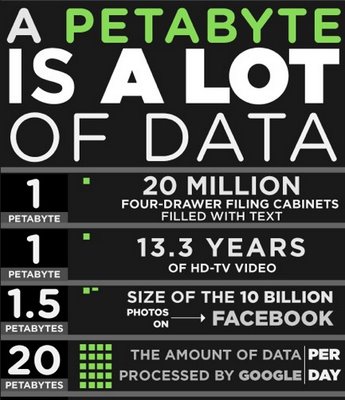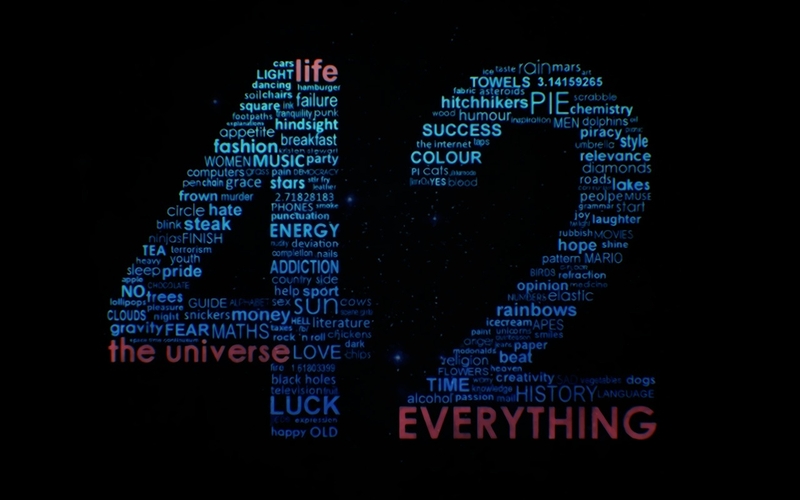The meaninglessness of social media has reached a tipping point. Mark Zuckerberg’s extremist view has created a monster, and we’re all paying the price.
People sharing more - even if just with their close friends or families - creates a more open culture and leads to a better understanding of the lives and perspectives of others. We believe that this creates a greater number of stronger relationships between people and that it helps people get exposed to a greater number of diverse perspectives.
Mark Zuckerberg - In a 2012 letter to investors
Mark has reached his extremist utopia, where everyone is sharing content constantly. The result has been information overload, even with the ability to tailor Facebook content with browser extensions like F.B. Purity.
It’s leading to exasperated states of ADHD, making it more difficult for people to learn advanced concepts. Most notably, it has degraded the meaning of communications between humans in profound ways.
Meaning
Let’s start with the definition of meaning.
- the real importance of a feeling or an experience
- The story explores the true meaning of freedom.
- It is difficult to grasp the meaning of these events.
It’s a bit vague, and many dictionaries have a different take on the word. I plucked this definition from the third entry in the Oxford Learner’s dictionary. In essence, why we are doing something is complicated, and like most tools, social media doesn’t prescribe a single purpose for its existence. In the case of Facebook, the primary purpose is to connect everyone.
I think we can all agree that social interactions with friends and family are meaningful. In the least, we find pleasure in connecting with other people that we like. However, we all innately know that too much of something dilutes its meaning. We weren’t meant to be connected every minute of our days. Many people avoid social media as an effective way to avoid information overload, and sometimes I feel like joining them.
Over the years, social media adoption has significantly increased, with 7 in 10 people using it in the United States. Even with a limited friends list, we have reached a point of information overload.

Facebook stores about 300 Petabytes of data and generates about 4TB per day, as of 2014. Those numbers, unless optimizations have been made, must have increased over the course of six years.
In this scene from Silicon Valley, a team of people is manually creating accounts for a startup to inflate its value. The same thing is happening all over the Internet.
Posting on social media is often like letting go of a note in a windstorm.
Who knows where that message goes and if your intended recipients received it. If you’re looking for meaning in that, you’re likely to get whisked away like the note.
Purpose
Why do we use social media?
It isn’t easy to explain, but in sum, people generally post from some emotional position that seeks a response.
Most people love to be loved, and likes from a friend feel like love. We like it when people agree with us and enjoy what we enjoy. We have an inherent need for social connection as one of the most social species on the planet. Our health suffers if we don’t have the right amount of social connection; therefore, many people connect on social media.
Social media serves a purpose beyond distraction. It fills a void that would otherwise be filled with loneliness.
Beyond the purpose of the individual socialite, it serves a need for businesses to sell you stuff. If you talk to Facebook investors, Facebook’s primary purpose is to sell your data to businesses. Facebook started as a digital and real-time yearbook based on Zuckerberg called Facemash and other Harvard students’ ideas. It has grown into a behemoth with more power than you can shake a pixel at.
Facebook has a lot of features, so the purpose for using Facebook varies between users. Some use it to buy, sell, and trade merchandise and others use it to create hate groups. It has a myriad of uses, but according to Mark Zuckerberg its purpose is to connect people.
Connections
Historically connection has always been a wondrous concept. The first time I made a video call on the Internet, it was no less than amazing. It wasn’t because of the technology; it was because of the connection. It was the limitlessness that it represented and the vast potential of connecting with people across the world. I felt the same sense of wonder when I made my first phone call.
Businesses have swallowed the Internet and the telephone networks whole. We block automatic calls and scammers that want to steal our social security money. We block ads in hopes of reclaiming our Internet experience, and businesses block our ad blockers so they can force you to read their ads.
All of this is not to say that social media is evil. Social media, at its best, is love. It is a longstanding connection with friends and family. It is the joy of a picture of our friend’s new baby and a graduation cap thrown in the air. It’s is something to be connected even if for a moment when you click a like button.
I hope that the future of social media is no longer tied up in for-profit corporations. I hope we find ways to decentralize social media platforms and find more meaning in our interactions. It won’t be easy to wrestle control of these platforms from The Man ™️. We’ll need to fight for our right to connect without the noise.
As Rage Against the Machine famously said…
Let’s take the power back!
People are trying to take the power back, and I’m sure young people today are ready to reset the stage. I am looking forward to a future without centralized social media chock full of ads and distractions and all the other baggage it comes with. Are you?
